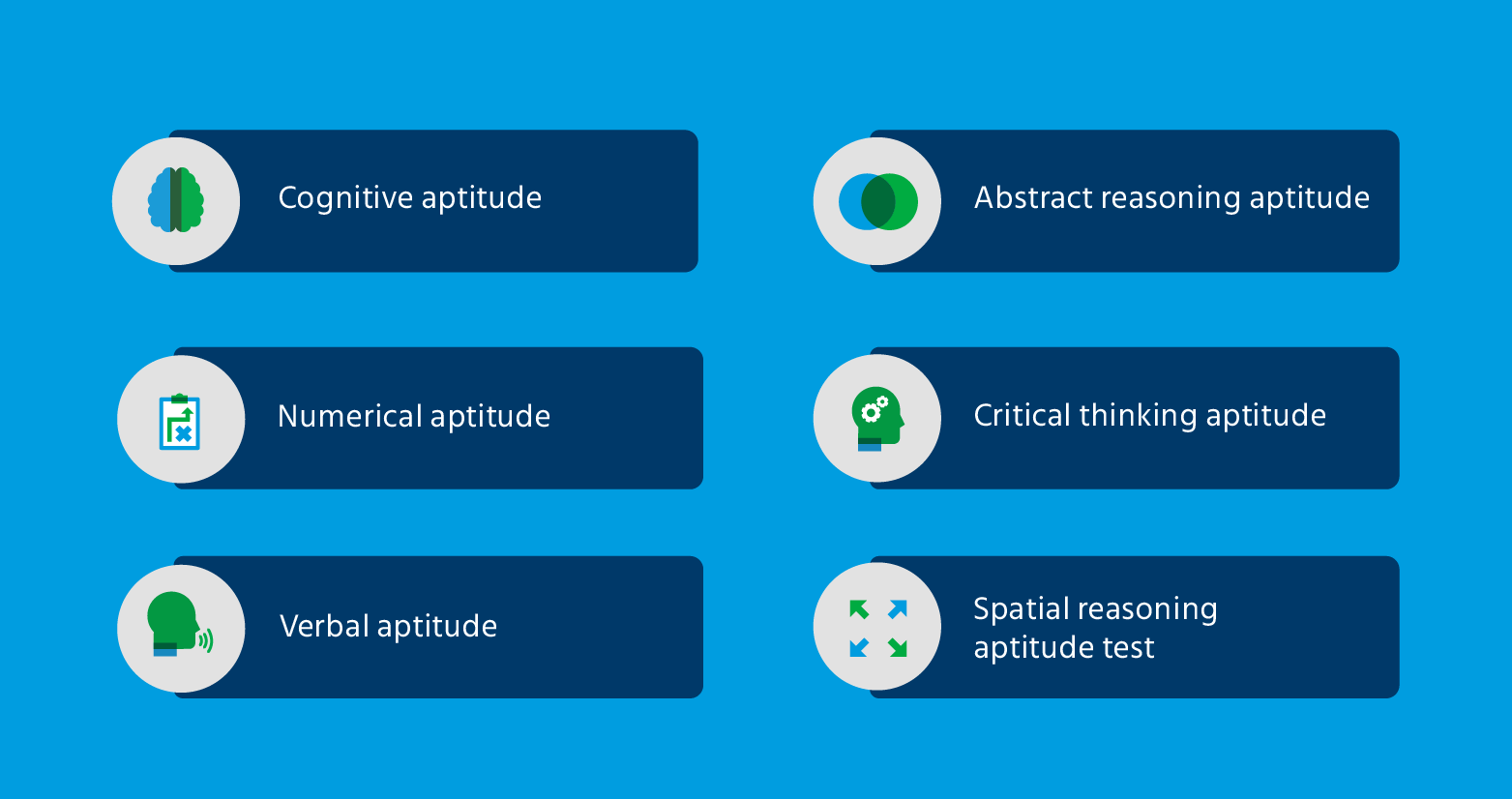Mercer | Mettl is a global leader in online assessments, and takes a thorough approach to assessment curation, considering several factors to create them.
1. Competency framework creation:
Mercer | Mettl receives the course curriculum from the respective university or institute. It forms the base for creating the competency framework of assessments. A dedicated team of in-house subject matter experts works intricately to curate the list of competencies and sub-competencies that need to be measured.
2. Assessment tool mapping:
Once the skill or competency framework is sealed, these competencies are mapped to one or more relevant tools for the assessment. These tests can range from psychometric tests to domain tests for specific industries or skills like IT, healthcare, and personality assessments. In addition, the assessments can be in different formats, such as multiple-choice questions (MCQs), situational judgment tests (SJTs), and world-class coding simulators.
3. Question creation and curation:
Once relevant tools for assessment are mapped, the next and most critical step is creating test questions. These questions can be sourced from Mercer | Mettl’s existing bank of one million+ questions covering more than 3000 skills. Alternatively, universities can create their questions as well. The Mercer | Mettl assessment platform supports various question formats, such as multiple-choice questions (MCQs), situational judgment tests (SJTs), essay-type questions, coding questions, database (DB) query questions and more.
4. Assessment configuration:
The assessment platform is fully customizable. It allows universities and institutes to select the difficulty level of the questions, set up the order of questions, allot specific time to each section and much more. They can also send invites to candidates in bulk or during a selected time slot. Additionally, universities can send customized invites or follow-up emails reminding candidates to take the assessment.
Furthermore, the Mercer | Mettl proctoring tool can seamlessly integrate with any learning management system (LMS) to enable hassle-free test proctoring online. Institutes can also opt for ID-based authentication, and AI and human proctors for stricter anti-cheating controls and have the complete test recorded.









 Behavioral Competencies
Behavioral Competencies Cognitive Competencies
Cognitive Competencies Coding Competencies
Coding Competencies Domain Competencies
Domain Competencies
































Would you like to comment?